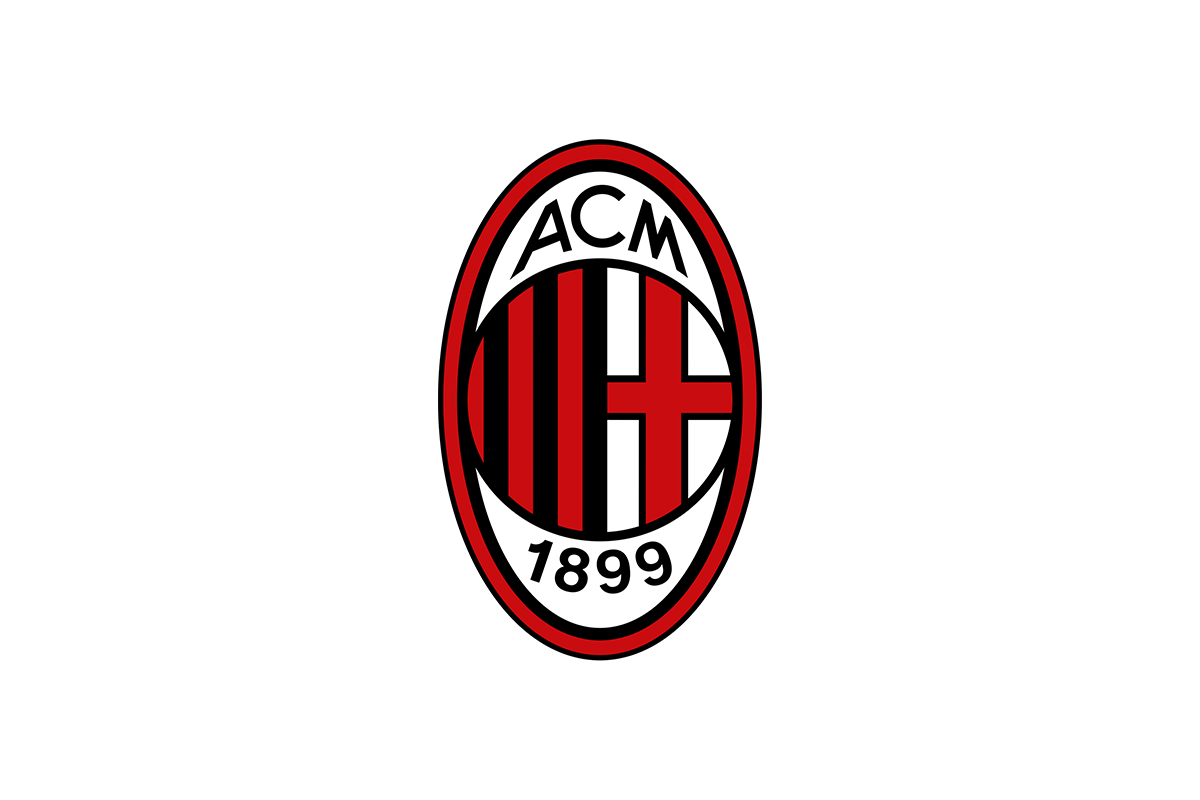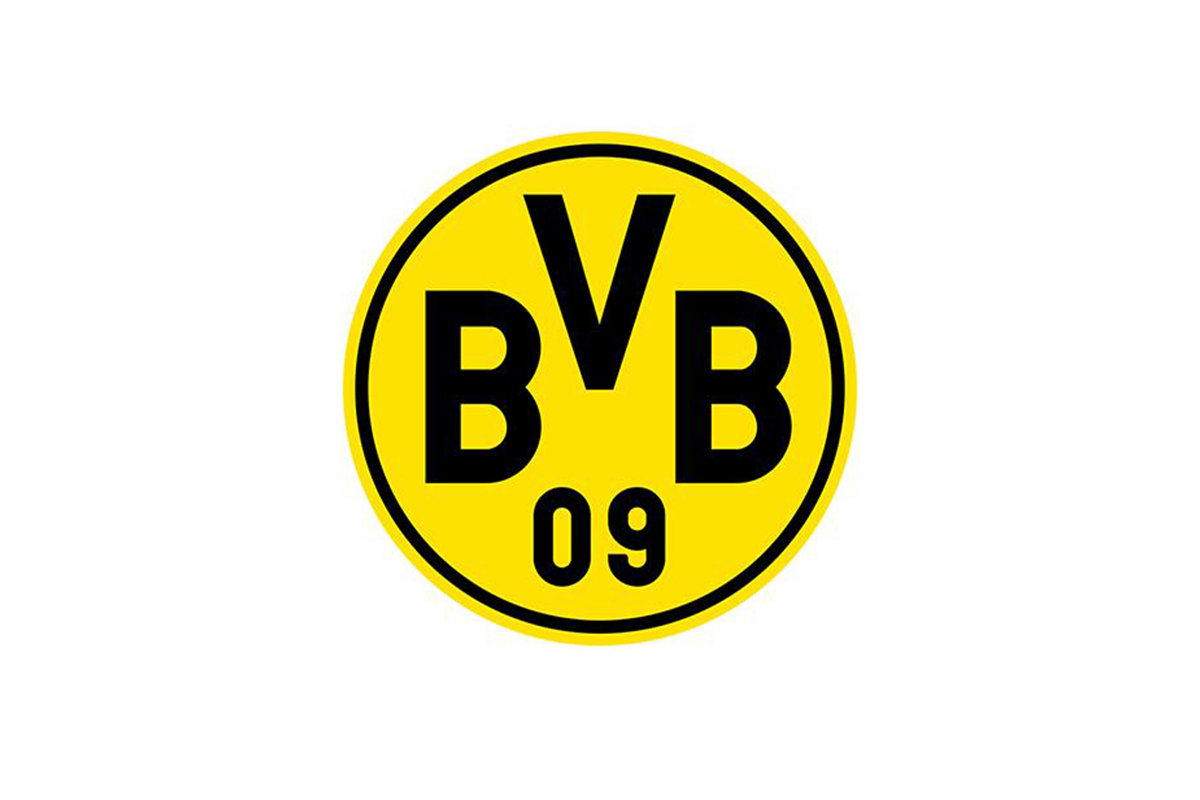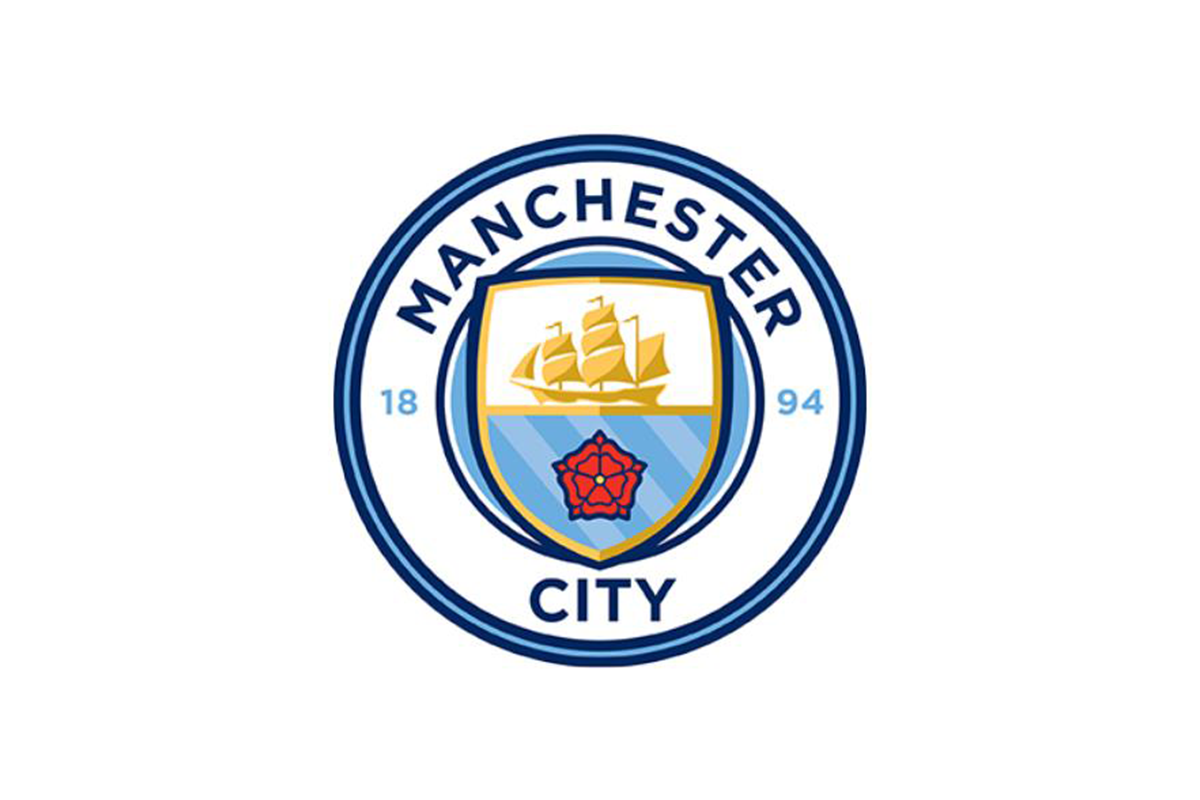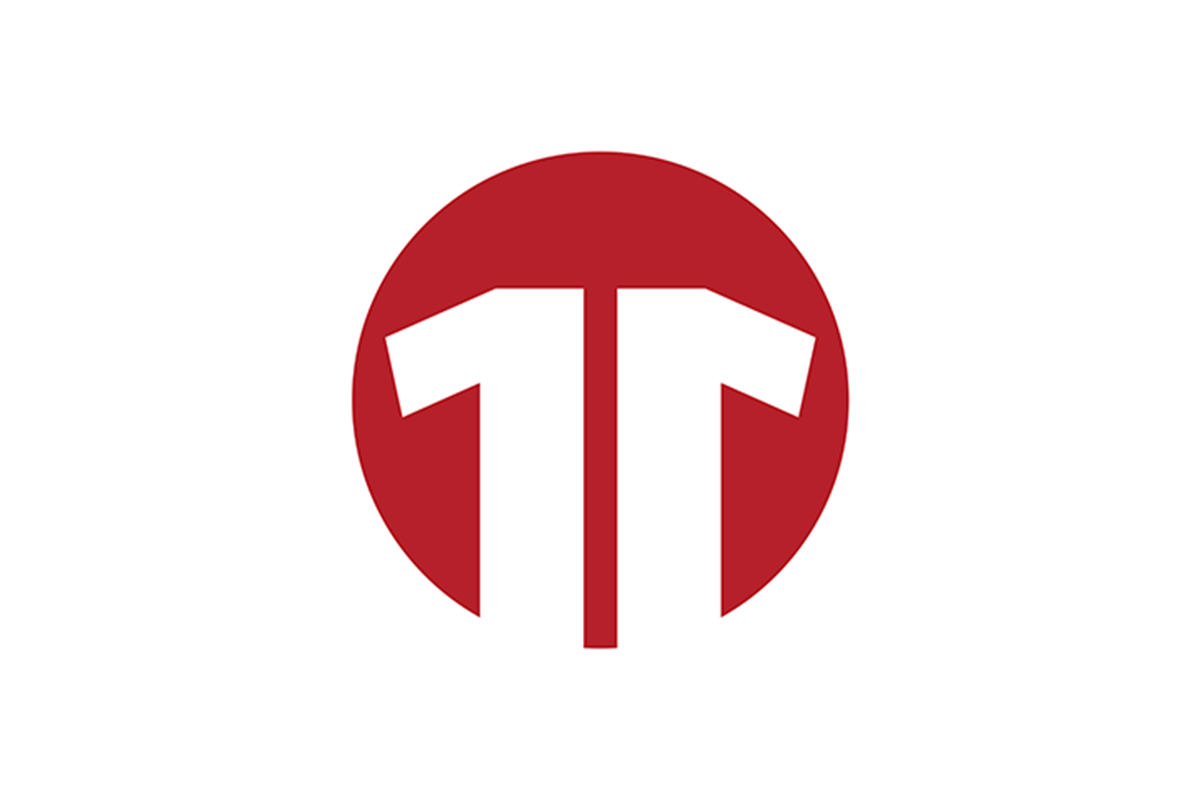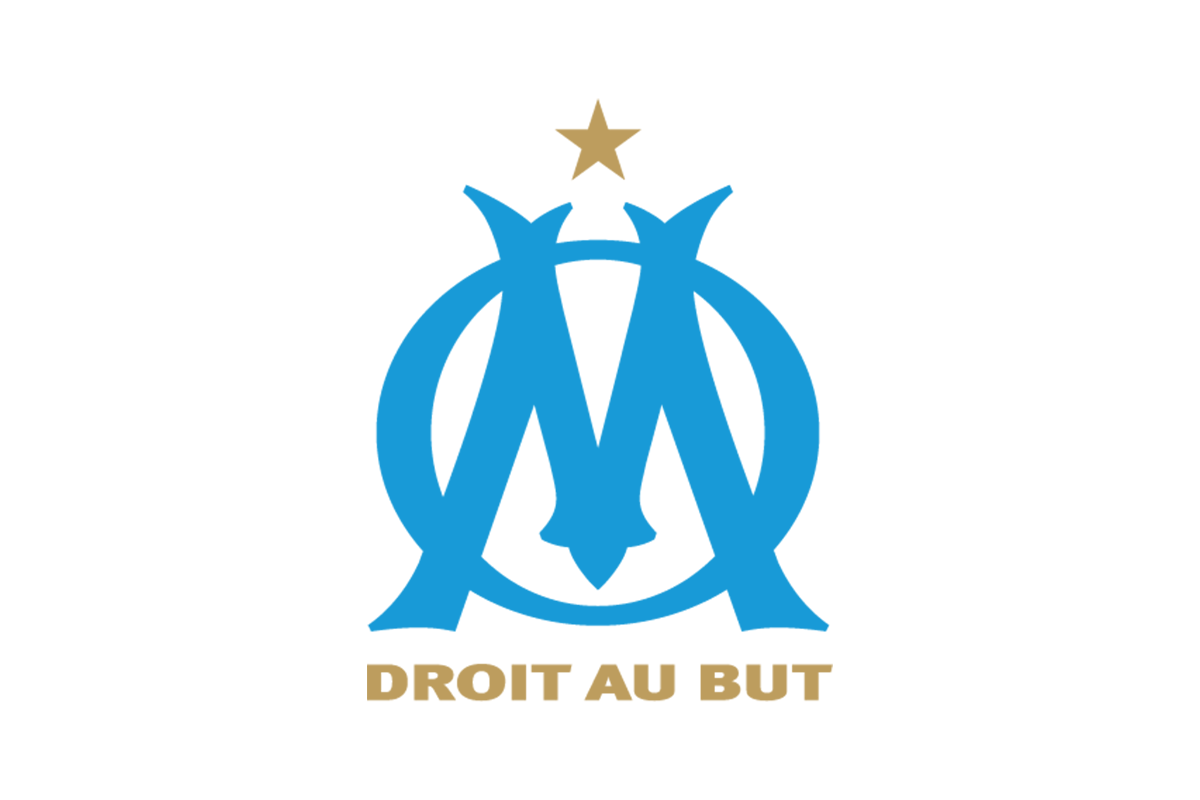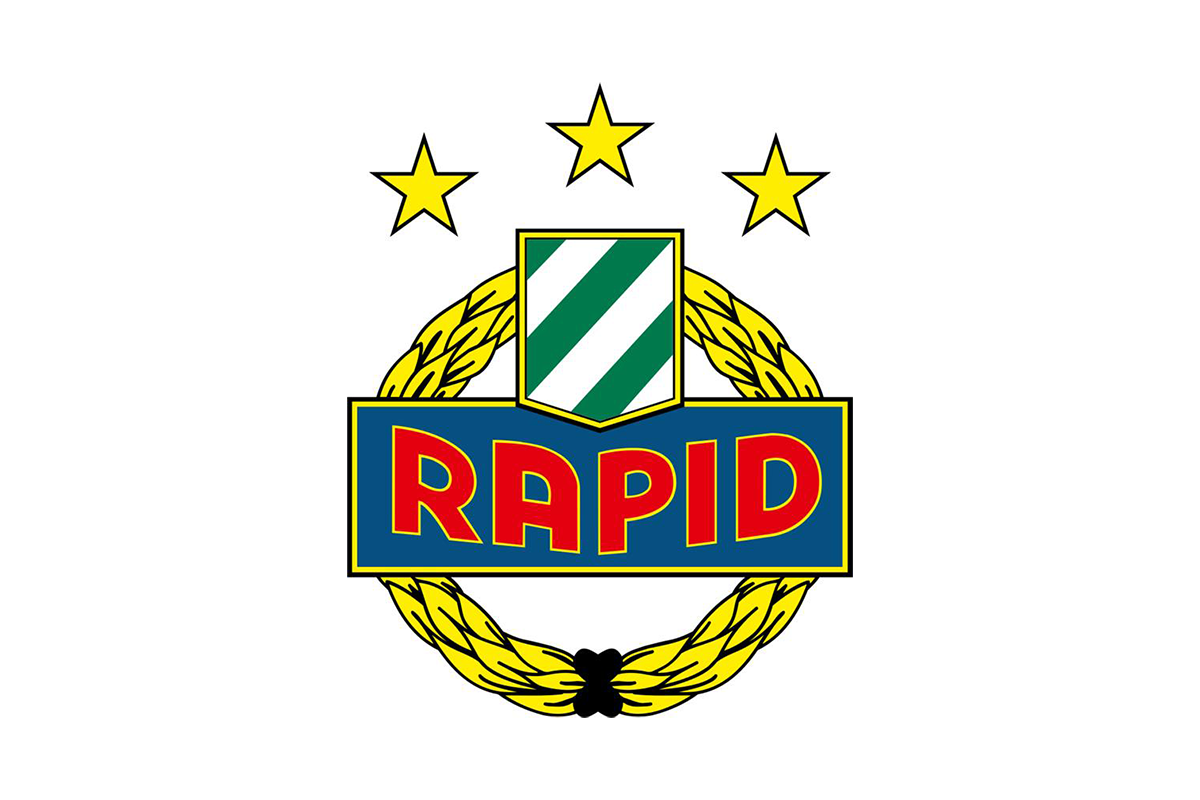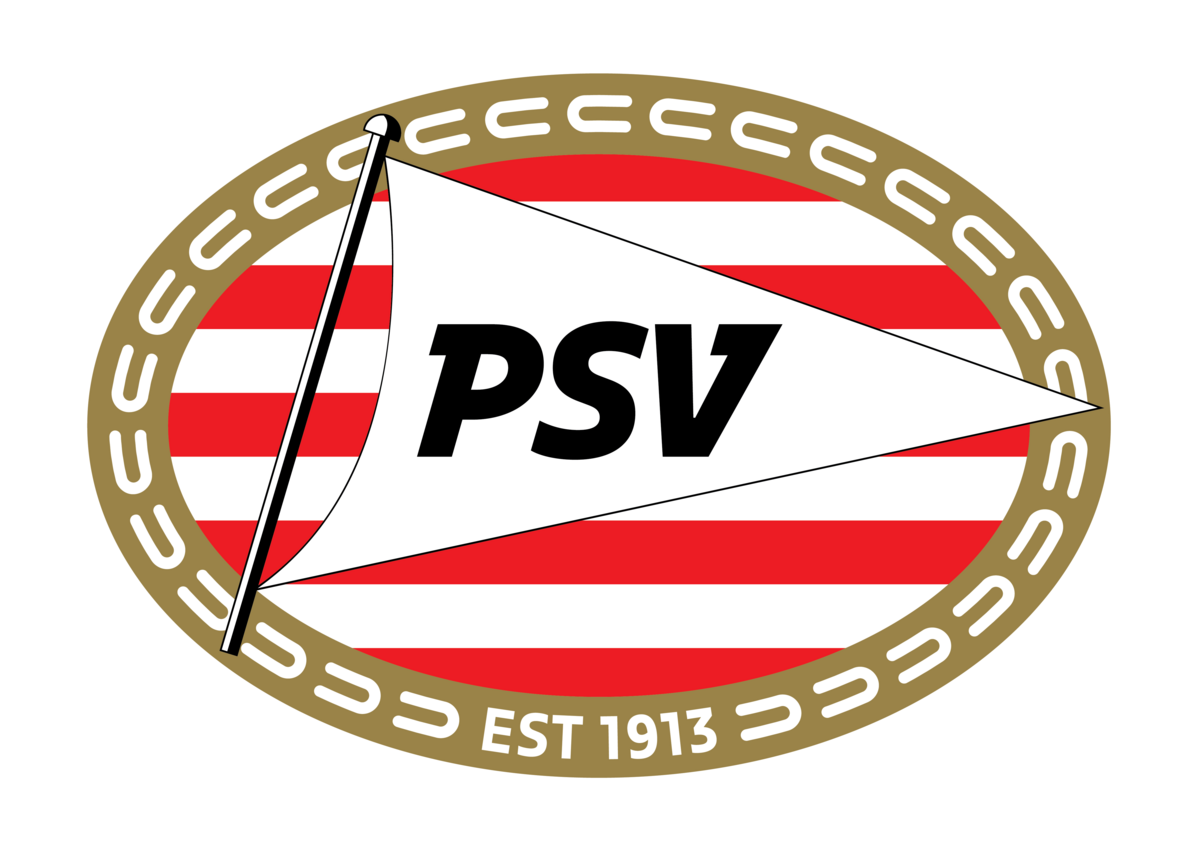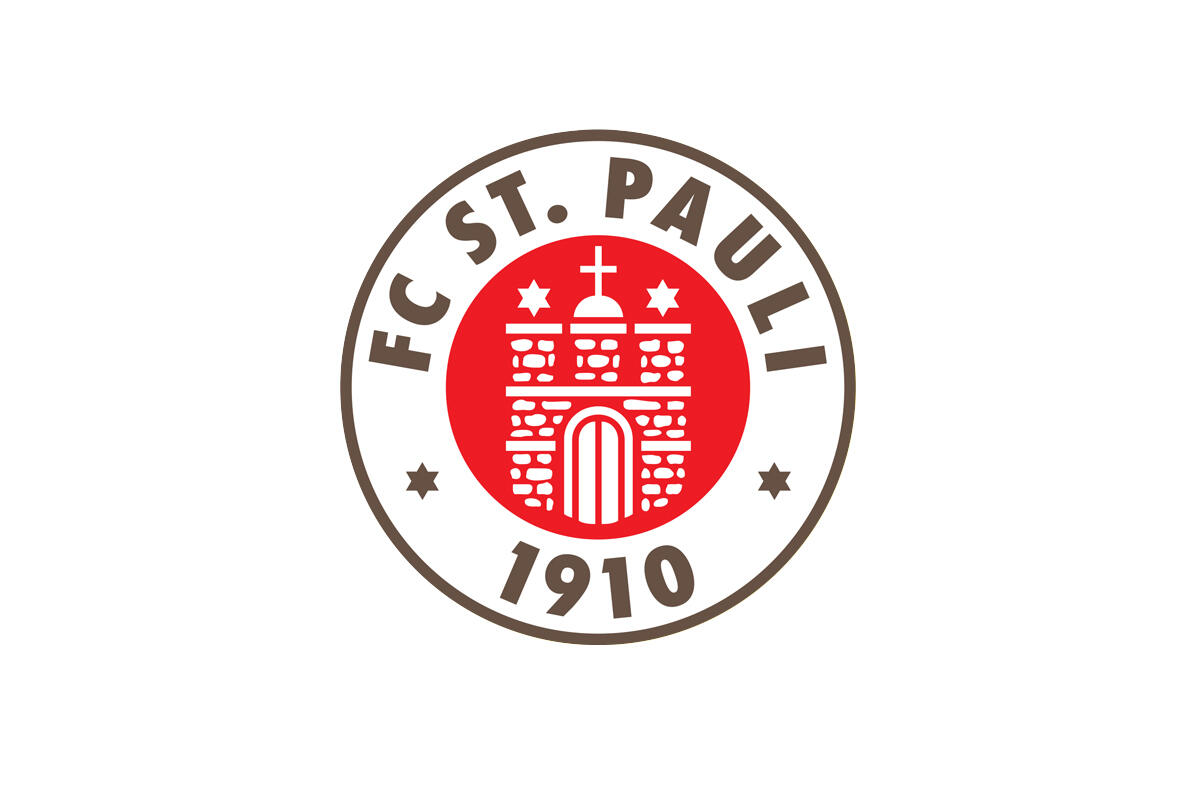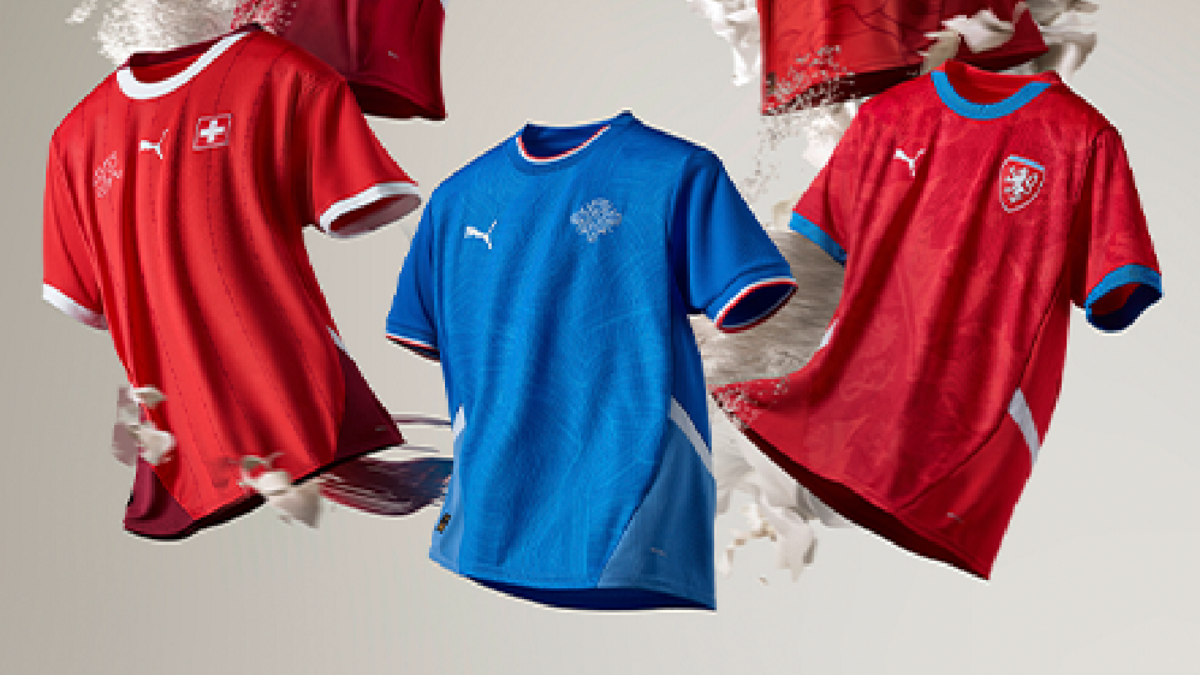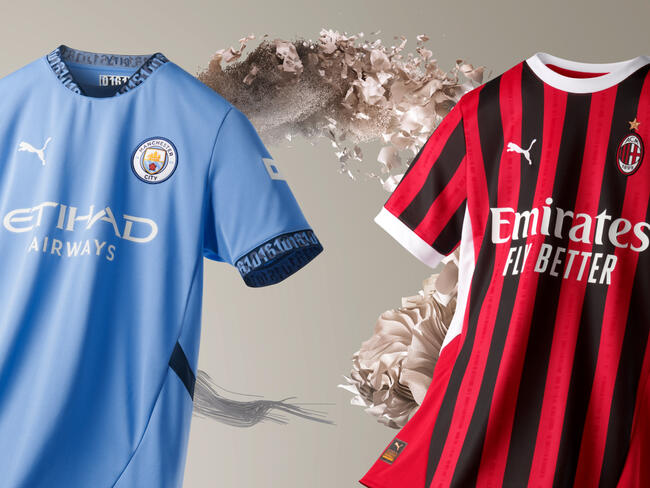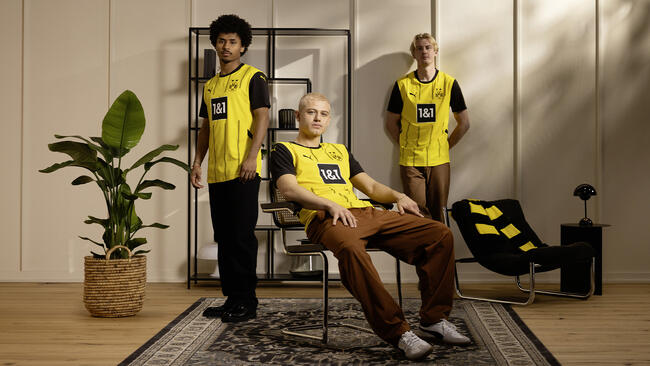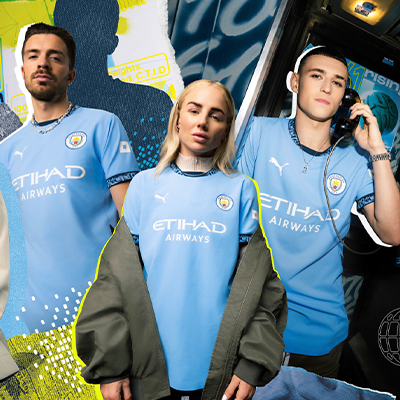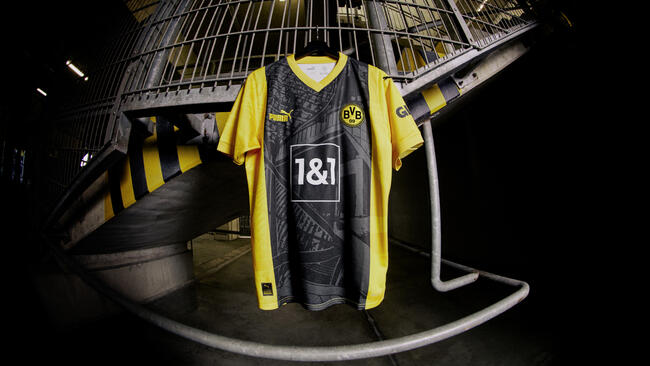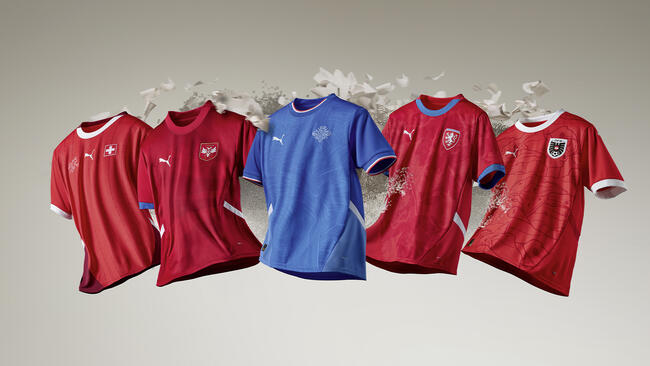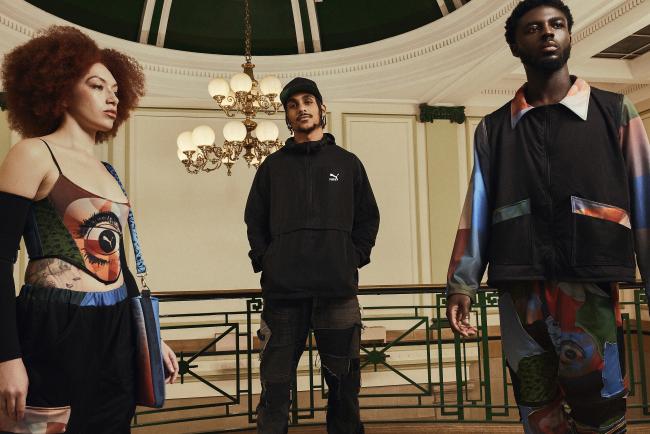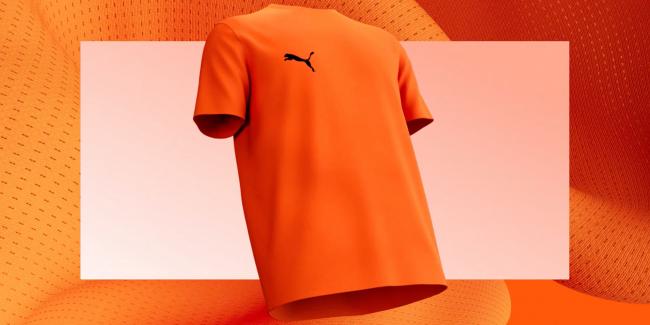RE:FIBRE
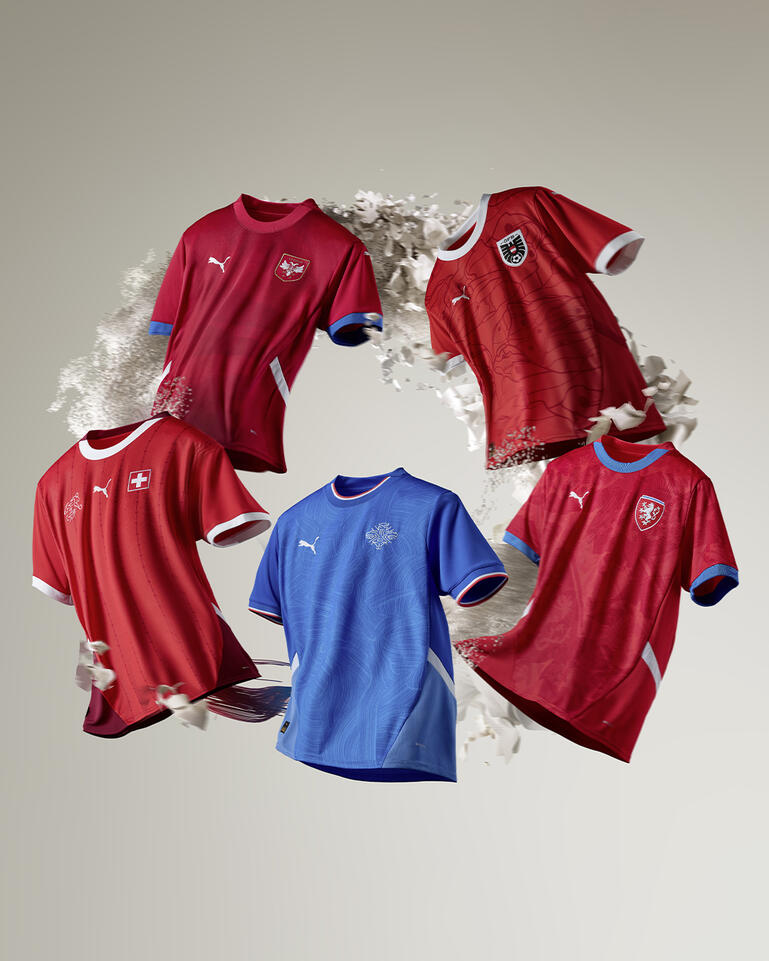
RE:FIBRE
Transforming textile waste and other used materials into new textiles
PUMA’ s RE:FIBRE textile-to-textile recycling programme uses polyester textile waste from factory off-cuts, faulty goods, and pre-loved clothing as the primary source of material to create new textiles. Through RE:FIBRE, PUMA aims to reduce textile waste and become less reliant on using plastic bottles to produce the recycled polyester used in our products.
PUMA’s RE:FIBRE garments are made using 95% recycled polyester from textile waste and other polyester waste material and can be recycled multiple times without losing quality. This waste material is transformed into new textiles through innovative processes such as chemical or thermo-mechanical recycling.
RE:FIBRE Partners
To achieve impact at scale, we need teamwork, and we rely on the support of our suppliers, clubs and other players who have partnered with us on our RE:FIBRE journey.
For the first time from the start of the 24/25 season, all official PUMA football replica jerseys (featuring 35 Clubs)* including those for the Euro and Copa América tournaments are made from RE:FIBRE. Millions of garments created using a more circular way of producing football jerseys. RE:FIBRE jerseys are available from PUMA stores, PUMA.Com and specialist retailers worldwide.
*Excluding local replicas for Fenerbahçe SK, Shakhtar Donetsk and locally sourced kits.
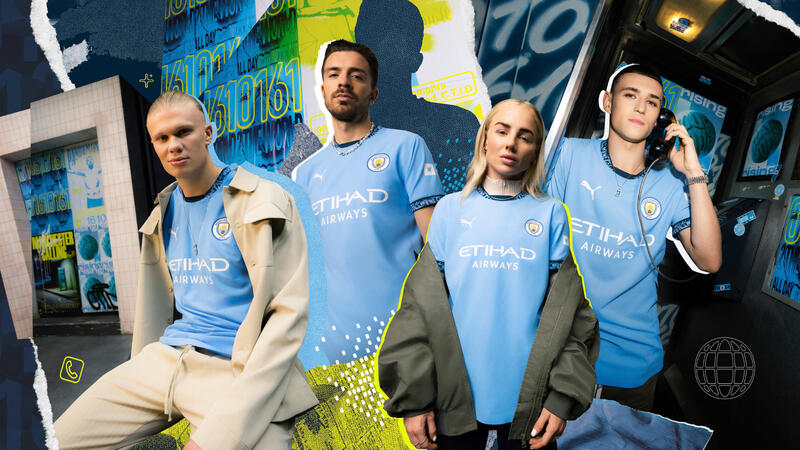

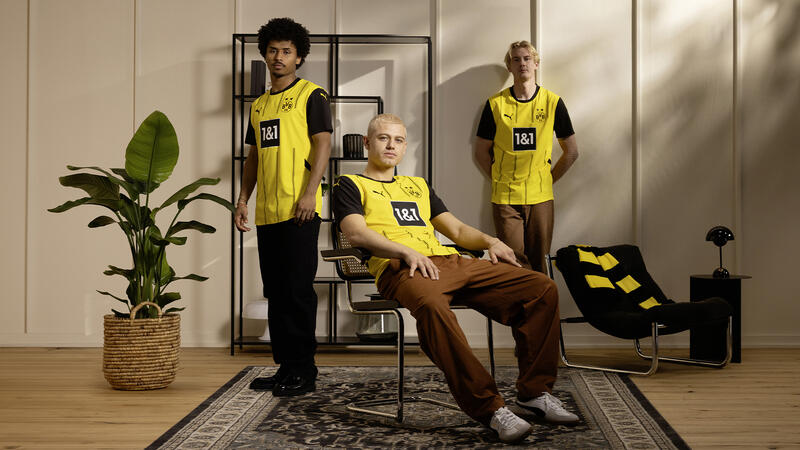
Play your part in RE:FIBRE
Return. Recycle. Repeat.
Recycle your used clothing through PUMA RE:FIBRE, here's how:
Return
Take your pre-loved or unused clothes – any brand or color – to the nearest RE:FIBRE take-back bin. Receive a 10% voucher reward for your next purchase (only available in PUMA stores).
Recycle
PUMA will recycle your used polyester clothes to create new ones. Clothing that is not suitable for the recycling process will be sorted by PUMA’s sorting partners to be repurposed (see FAQ for the details).
Repeat
The recycled material can be used for recycling again and again.

Take Back Locations
{{postalcode}} {{city}}
{{country}}
Related projects
RE:FIBRE Teaser - Cloned
Related News
FAQ
Want to know more?
While most of the recycled polyester used to create our products to date has been made from plastic (PET) bottles, RE:FIBRE garments use textile waste as the main source of material. With the innovative RE:FIBRE program, PUMA can repurpose collected textile waste and other used materials to create new textiles.
The traditional way to recycle plastic usually heavily focuses on clear plastic bottles as a source of material, and those are shredded and turned into new textiles. The RE:FIBRE process focuses on textile waste as the primary source of material, which is broken down through recycling processes such as chemical or thermo-mechanical processing to create new textiles. The recycled material can be used for recycling again and again without losing quality – making RE:FIBRE a promising long-term solution for recycling polyester textile waste from the textile industry. With RE:FIBRE, PUMA is keen to address the challenge of textile waste. The RE:FIBRE process looks to diversify the fashion industry's main source of recycled polyester in garments to make it less reliant on clear plastic bottles.
PUMA plans to increase its overall usage of recycled polyester (by weight) to 75% by 2025 across our Apparel and Accessories products.
Like many major actors in the industry, PUMA uses recycled plastic bottles as a main source of material to produce its garments made of recycled polyester. Through the RE:FIBRE, PUMA aims to take more responsibility to reduce the impact of textile waste via a long-term solution for recycling.
No. PUMA will accept products from any brand for recycling through the RE:FIBRE program.
This is no problem. It might still be possible to recycle the raw material. You can still bring it back to our take-back bins.
Collected products are shipped to PUMA’s external sorting partners who sort the products according to different quality criteria. One large sorting facility is in Wolfen (Germany). https://www.ico-spirit.com/en/. We can only recycle 100% polyester garments. Products not be suitable for the RE:FIBRE recycling process will be repurposed or disposed of through other channels.
Teaser
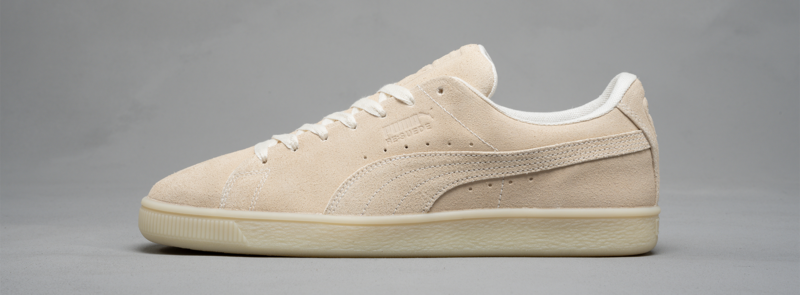
Corporate Sustainability
Explore PUMA's Corporate Sustainability Reports, Codes, Policies, Handbooks and more.
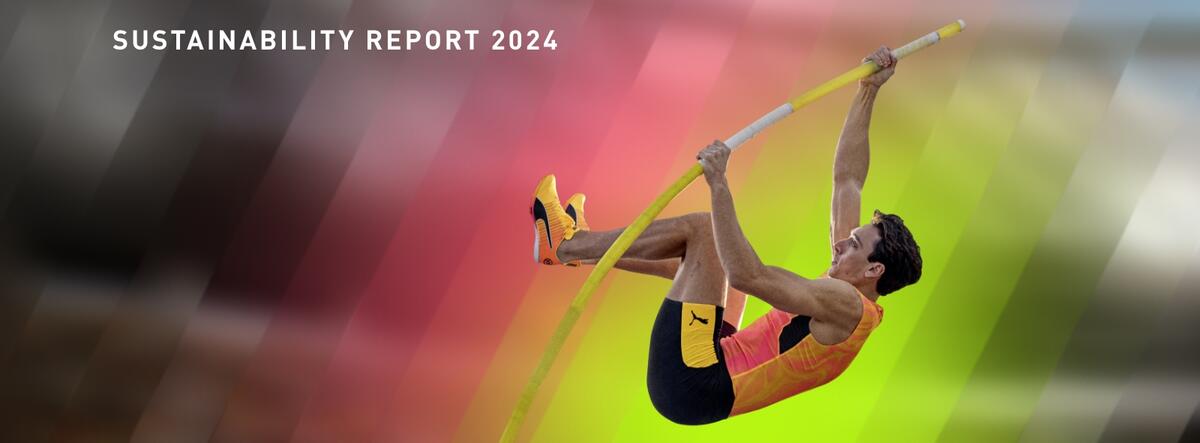
Sustainability Report
We provide annual sustainability reports within our annual reports. Explore them here.
